Nigeria – rich in resources, rich in people, and very abundantly rich in culture. With over 370 different ethnic groups, it is a country brimming with culture and people.
One culture that is very rich is the Igbo culture. In fact, the culture is so rich that it has crossed international waters and now one man by the name of Mazi Akuma-Kalu Njoku has built an Igbo Village in Virginia, USA.
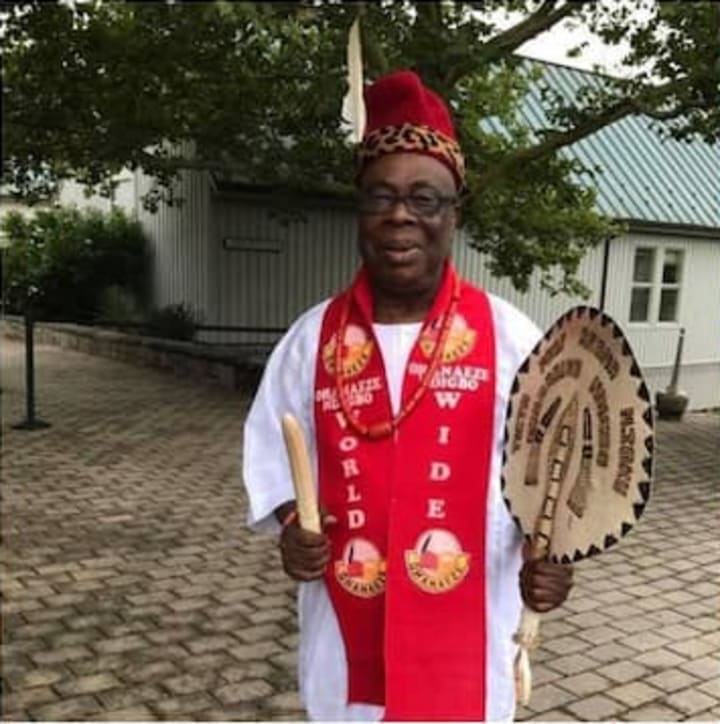

This is such an interesting story to me so without further ado, let’s dive in!

In 2003, an Igbo man by the name of Professor Akuma-Kalu Njoku was contacted by the staff of the Frontier Culture Museum in Staunton, Virginia to become the principal consultant for the building of the Igbo Farm Village Project.
According to the Council of Igbo States in America, the vision of the Igbo Village was thus:
Its walls are built with mud. Interiors are finished with clay plaster. Rooms are adorned with clay pots, thatch mats and other artifacts – all imported from Nigeria.
The goal: Create a life size replica of an Igbo village as it existed two centuries ago.
The result: The Igbo Village in Staunton, Virginia USA is the only museum quality replica of an Igbo farm village in the United States and the only structure of its kind worldwide.
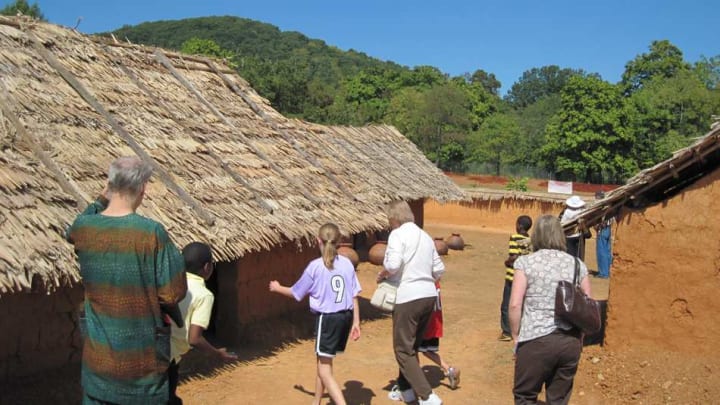
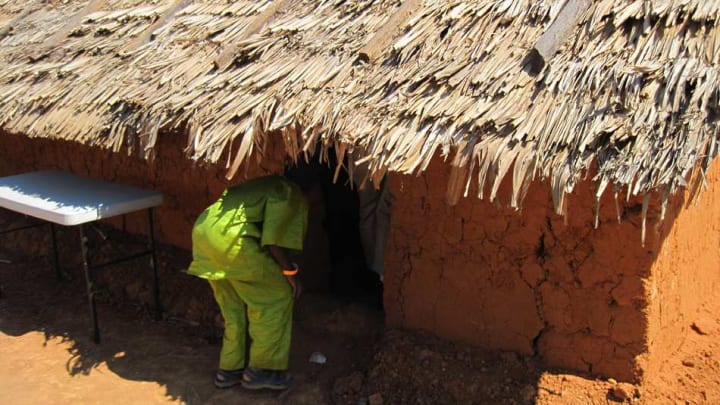
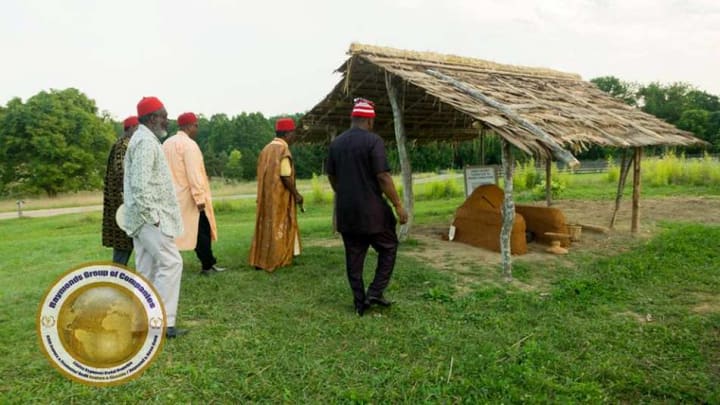
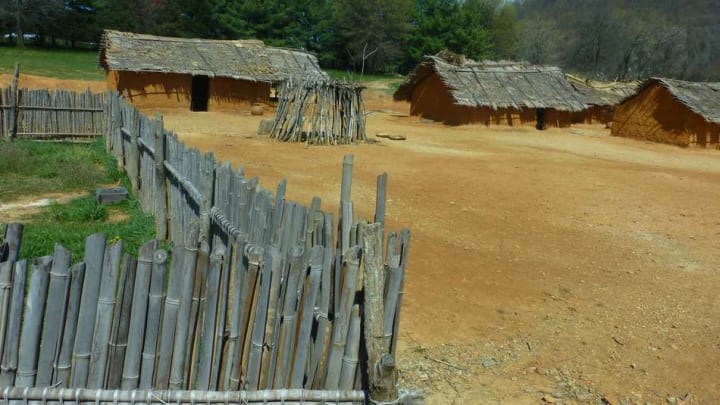
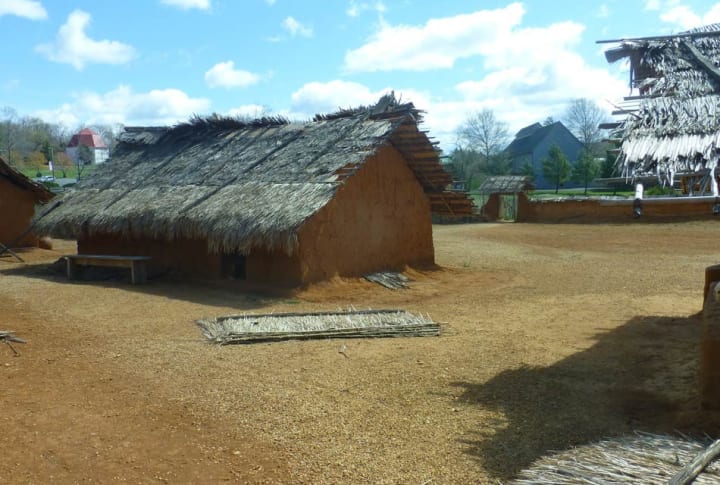
Mazi Njoku got to work with the museum and in 2004, became the principal consultant for the project. By 2010, the village was built.
So the big question everybody has is:
Why Build an Igbo Village in Virginia?
Well according to the Council of Igbo States in America of which Professor Njoku is a part of:
During the transatlantic slave trade, thousands of enslaved Igbo people came directly to Virginia via shipping ports in Calabar and Bonny. Igboland was the principal source of the labor force in the tobacco plantations in Virginia in 1740s. At a point, Igbos outnumbered and eventually replaced their Irish indentured counterparts.
The Igbo laborers produced the tobacco that became the mainstay of the Virginian economy. The Igbo also provided the labor in the Black Belt that made cotton king. And they continued to contribute to nation building and the development of the frontier culture in the United States. Thus the Igbo were among the first effective Anglo-America settlers and among the first groups to cross the Cumberland Gap to open the gateway for the territorial expansion of the United States.
Thus the building of the Igbo Farm Village in Staunton, Virginia, like the English, German, and Irish Farmsteads, built by American Frontier Culture Foundation, is a tangible recognition of the contribution of the Igbo people to the first English permanent settlement of Virginia, to American nation building in the United States, and to the development the greater American frontier culture.
Well, it is quite the village if I do say so myself. Take a look at some more pictures and videos from the Igbo Village.

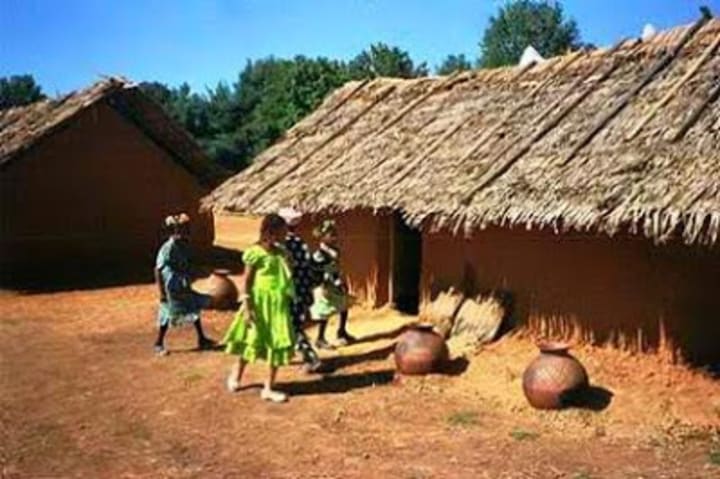
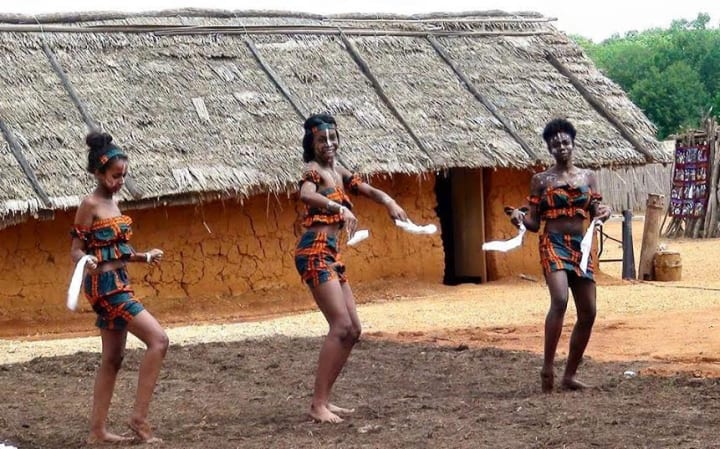
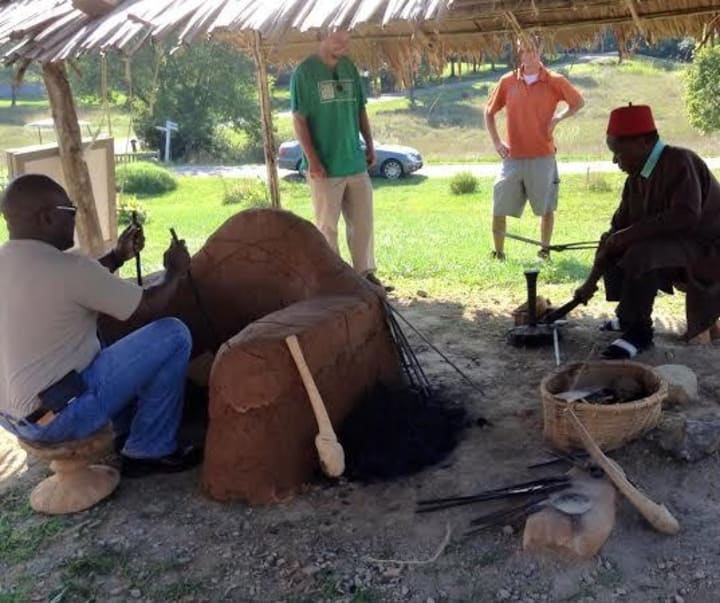
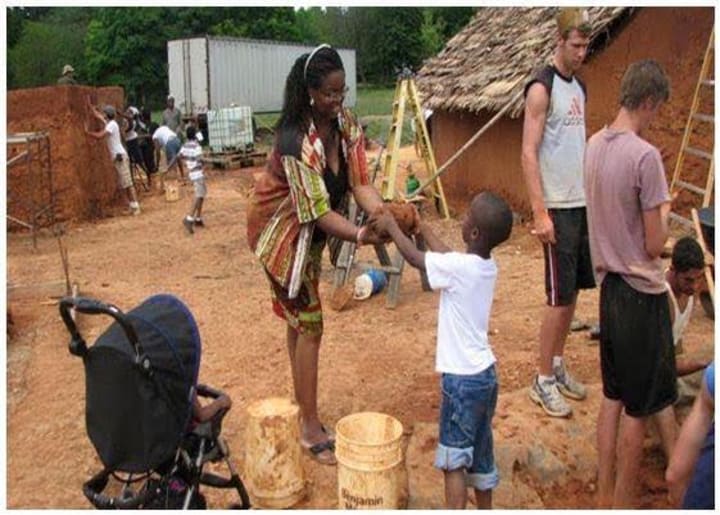
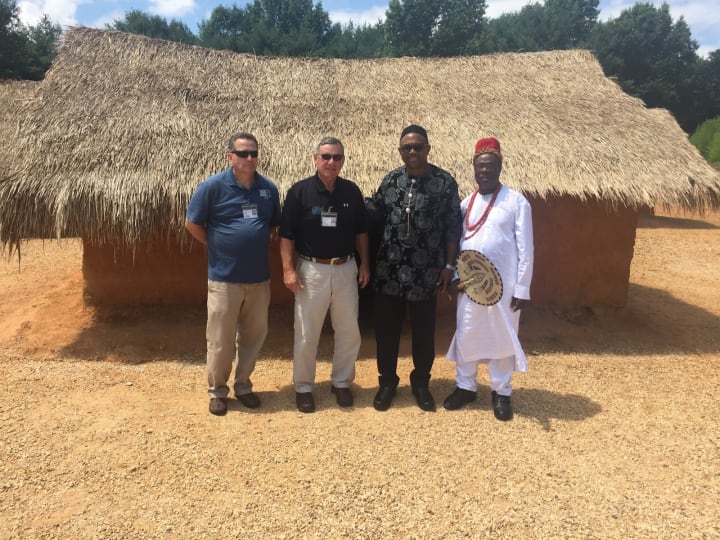
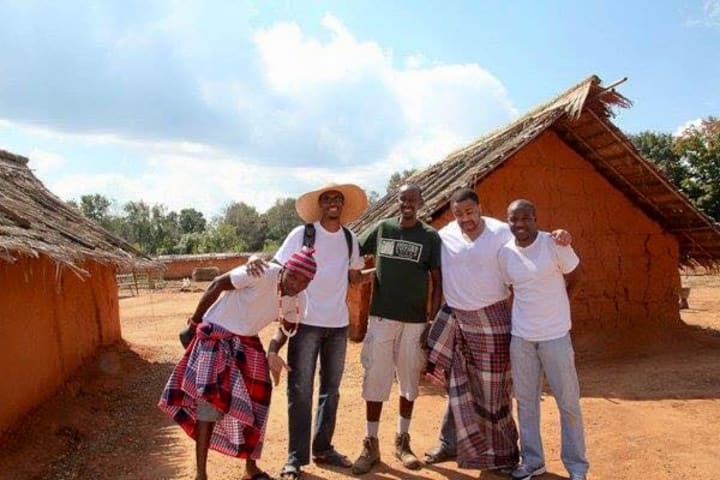
What do you think of this Igbo Village? Let me know your thoughts by leaving a comment on our Facebook Post.






